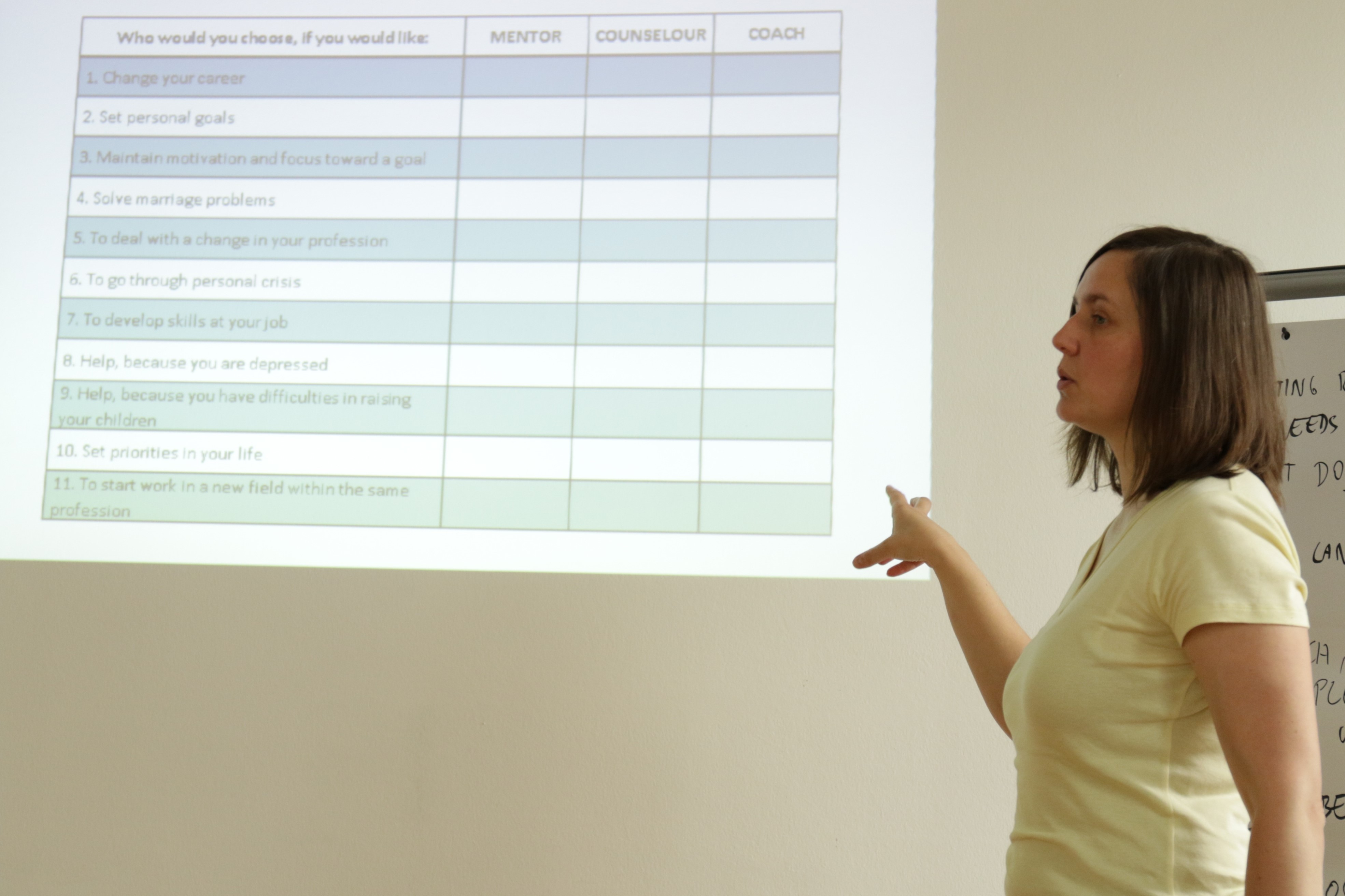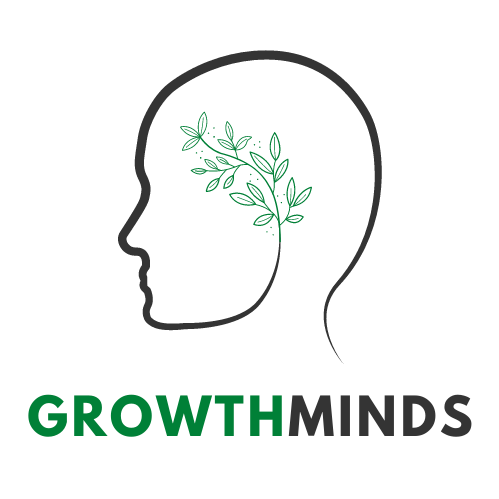GOALS AND MISSIONS
The objectives of the project are to help:
- improve continuous in-service training opportunities for tertiary educators to build their competencies for developing a GM of their students;
- GM faculty classroom culture by increasing the number of educators using GM concept in their practice;
- availability of free hands-on creative and inspiring activities for GM for lecturing at the university level;
- increased self-efficacy by university educators’ regarding their impact on students and on society;
- increased self-efficacy by university students’ regarding their studies and knowing how to transfer their KSAO to employment.

Our activities:
• Four intellectual outputs (IO) with a focus on easily available and practice-driven evidence based lecturing methods (a digital collection of tools for educators, a continuous professional development course for tertiary educators, a best practice compendium and GM webinars for students).
• Four short-term joint staff training events for project partners (GM tools in motivating students, How to develop a GM in distance teaching, GM and university – industry knowledge transfer and GM in university lecturing).
• Four multiplier events titled “GM in university teaching” (one per country).
• Two transnational project meetings (kick-off/closing meeting).
The methodology used will adapt to each activity and will include all/some of the following: needs outlining; review of literature …; content development and testing; data collection; implementation; content finalization; translations; evaluation; dissemination. In activities we will use flipped and experiential learning, hosting and design thinking methods, blended approaches to learning and other student-centred methods.
Project management methodology will be used to ensure a smooth implementation of the project, also using online cooperation and communication tools.
Together with the four IO, the tangible project results include more opportunities for continuous professional development; content in 5 languages; new pilot courses; an e-learning platform; educational and promotional materials (e.g. presentations, articles, social media posts, infographics); evaluation reports.
Some of the intangible results are an increased quality of teaching, transnational learning/exchange of best practices and collaboration on the project; an increased capacity of project participants to operate in an international environment; international information, guidance, coaching/counselling activities; learning from real life cases; cross-sectoral cooperation (NGOs and universities).

